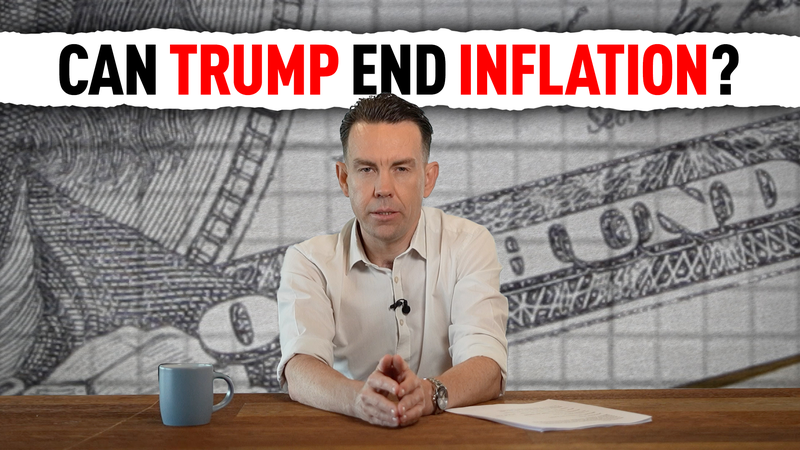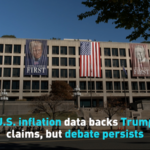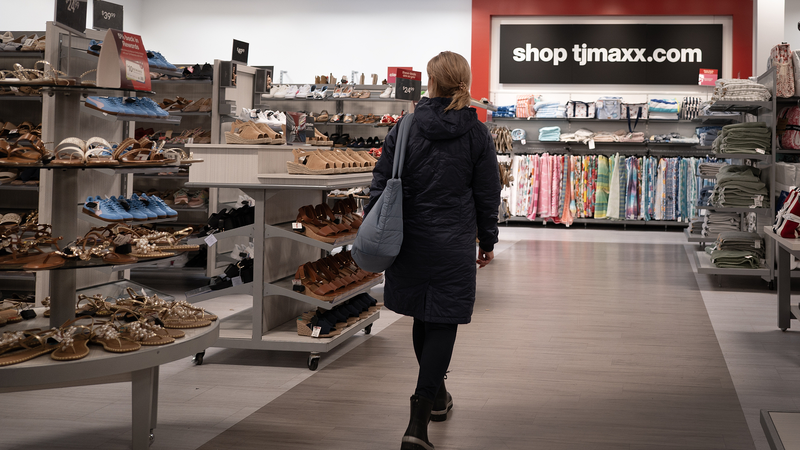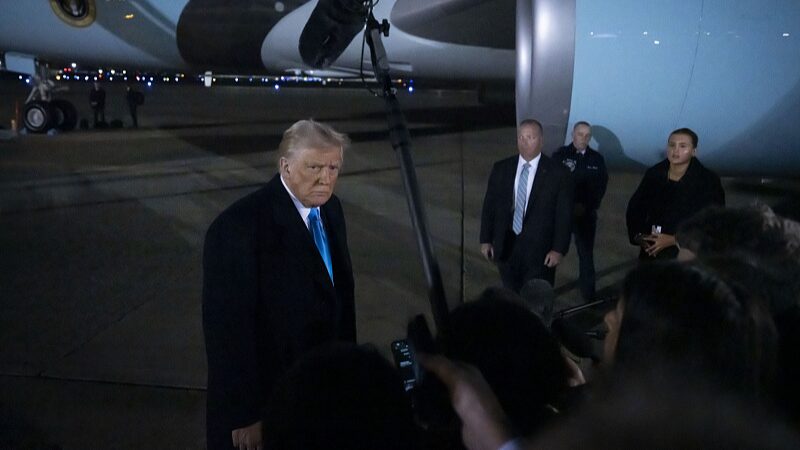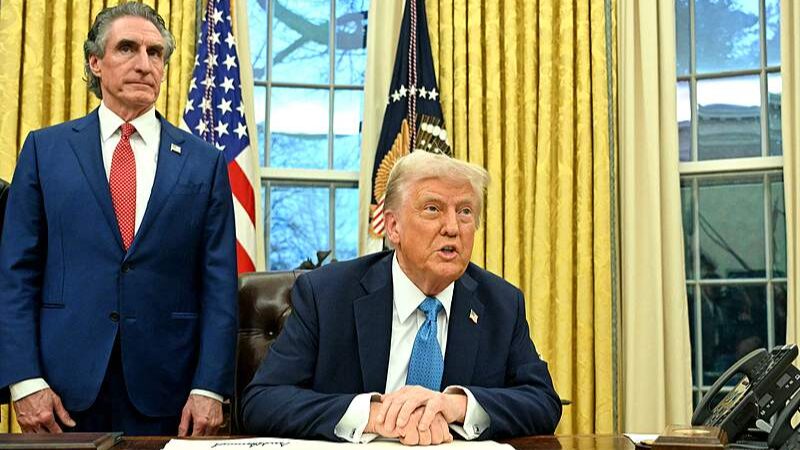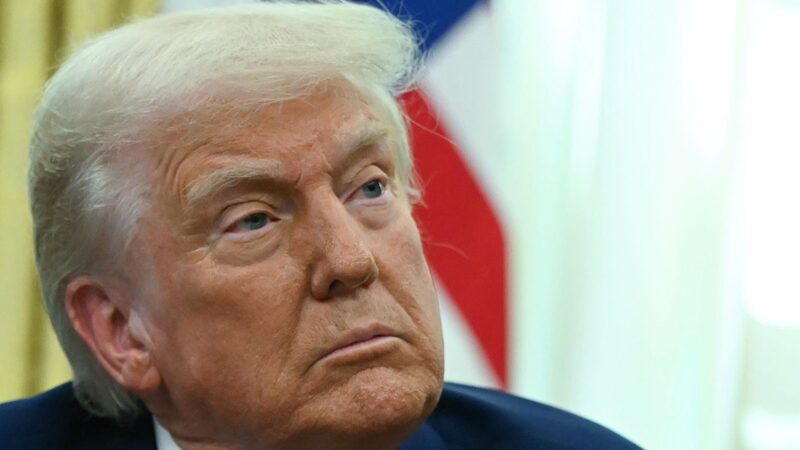As debates over U.S. trade policy intensify, a growing disconnect between economic data and public perception is raising alarms. Recent University of Michigan research reveals consumer inflation expectations nearly tripled from 2.6% to 6.7% in six months following the November election – despite April's actual inflation rate stabilizing at 2.3%, barely above the Federal Reserve's target.
The surge in consumer anxiety comes amid suspended U.S. tariffs and ongoing trade negotiations. "Tariffs don't cause inflation," former U.S. President Donald Trump stated in January, framing them as economic tools for "success." However, Washington D.C. student Jimmy Cary reflects widespread public concern: "Prices keep rising – tariffs would make everything worse."
Economists warn this psychological factor could become self-fulfilling. When consumers expect price hikes, spending patterns shift – potentially driving actual inflation through changed market behavior. The Federal Reserve now walks a tightrope between managing tangible economic indicators and addressing growing public unease.
For Asian markets observing these developments, the implications are significant. Trade policy shifts in Washington could impact supply chains, commodity prices, and investment flows across Asia-Pacific economies. As U.S. policymakers balance domestic priorities with global trade relationships, the world watches how consumer psychology might unexpectedly steer economic realities.
Reference(s):
cgtn.com
